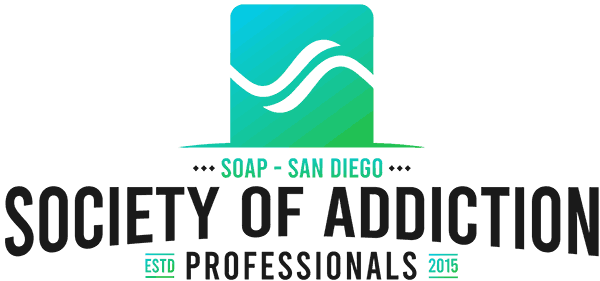Many people in recovery have problems expressing their emotions, whether they are feeling anger or fear. In time, you’ll learn how to recognize your feelings and how to react appropriately to others. Unfortunately, many people (especially men) in recovery have trouble standing up for themselves without coming across as aggressive. There IS a line that you need to be wary of. Being assertive is a positive thing – but how can you avoid being aggressive?
Some people try to avoid conflict altogether, but this will never in the long run. You might run the risk of doing too much for others and spreading yourself thin. You may feel like a doormat or somebody who helps others but never gets helped in return. Ignoring conflicts can also lead to dangerous resentments.
Understanding Assertiveness
Being assertive can help you handle issues with others when you feel like you’re being taken advantage of. However, there IS a line that you need to be wary of. It’s easy to be aggressive if you let your anger or frustration “bubble over.” Being assertive is more about excellent communication. Learning to communicate assertively can help you throughout life.
Here are some tips on being assertive:
- When you’re saying “no” to something, you don’t have to explain yourself. A lot of people think they need to make excuses for saying “no” or they try to wiggle out of something without using the word “NO.” A simple, “No, I can’t” when a person is asking for a favor, for example, is assertive.
- Talk about yourself, not the other person. Own your feelings. For example, “When I’m overwhelmed with school, I can’t keep people run errands. Please ask somebody else,” is polite and assertive. However, telling a person, “You keep asking me for favors when I’m stressed!! Just stop!” is liable to hurt somebody’s feelings.
- Pay attention to your body language. Lean in if you’re sitting, and uncross your legs. Uncross your arms as well – otherwise, you may look hostile to the other person.
- Always look a person in the eye when you’re asserting your rights. If your housemate needs you to run errands, but it’s time for your 12-step meeting, look them in the eye when you explain that your meeting is your priority.
- Be honest with the other person. Don’t make up a lie at work when you need a day off. Instead, tell them the truth.
- Don’t try to guilt anyone. Manipulation has no place in honest communication.
- Agree to disagree if things can’t be decided upon. It’s better than an argument on the same topics, over and over again.
Communication is So Important
Communication in recovery is essential to your success and happiness. If you’re not used to communicating openly and freely, getting help is always an option! Therapists have training in teaching people to be more assertive and communicative. Or, you can practice with your sponsor and friends.
Addiction Professional?
Come to one of our gatherings to learn more about our networking opportunities. Together, we have years of experience helping people find recovery and achieve long-lasting sobriety. We’re stronger together! Browse the website to learn more!

